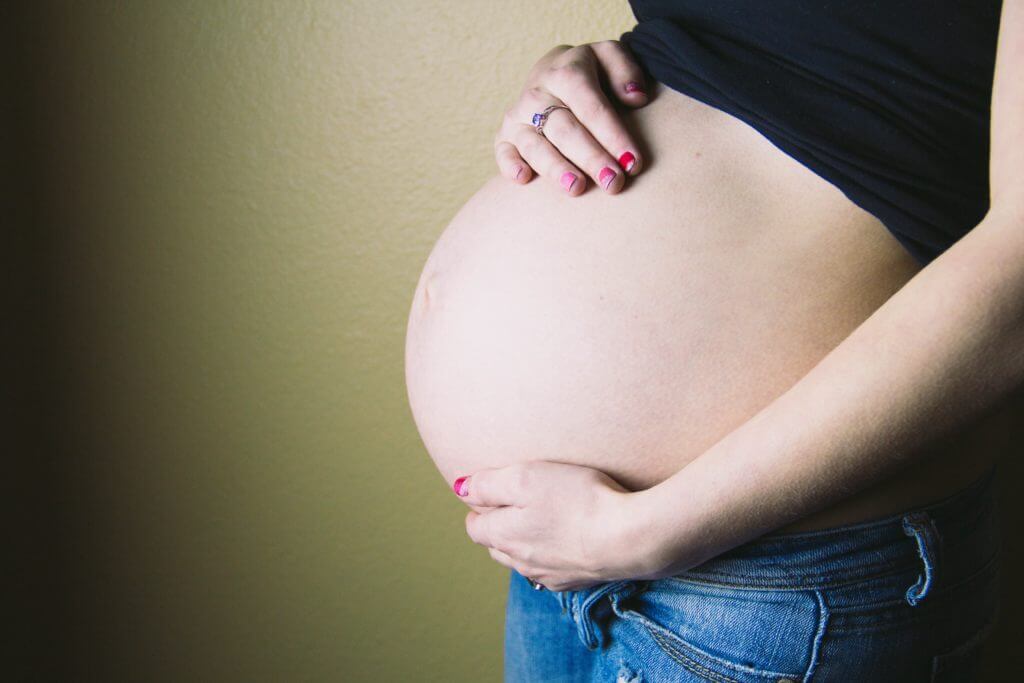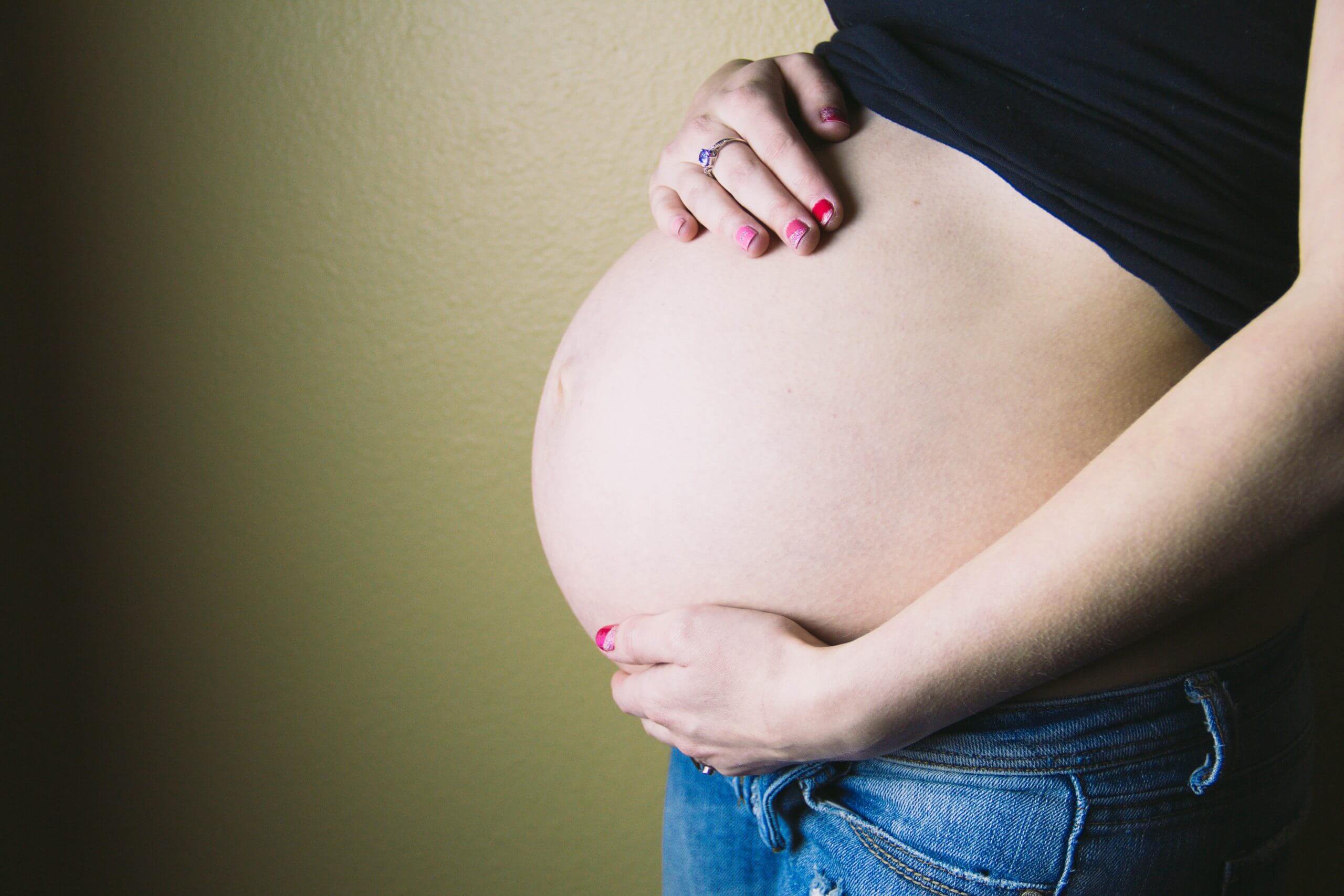The human microbiome contains trillions of microbes that influence our overall health. During pregnancy, the mother’s microbiome has been shown to have a direct impact on fetal health. The mother’s gut microbiome may cause swelling of the intestinal walls, contributing to shorter gestation periods and lower birth weights. Additionally, the type of microbes in the mother’s gut flora may influence nutrient absorption and affect pregnancy outcomes, according to a recent study.
Prior studies show a clear connection between gut microbes and fetal development, however, most of the research only relates to women in high-income countries. This inspired epidemiologist Ethan Gough and his team of researchers to investigate the microbiomes of women living in Zimbabwe, a developing country.
Mother’s Microbiome and Fetal Nutrients

The team followed the progression of various pregnancies and recorded data such as the weight of each baby at birth and a few months after to examine neonatal growth and development. Fecal samples from each mother were collected and analyzed. Contrary to the microbes present in mothers from high-income countries, the mothers from Zimbabwe had higher numbers of three distinct pathogenic bacteria: Blastoscystis sp, Brachyspira sp, and Treponeme.
The human body usually contains a certain amount of resistant starch or starch that is not absorbed by the intestines. However, among the most common findings were resistant starch-degraders, which were shown to be significant predictors of pregnancy outcomes. Since Zimbabwean moms eat a diet heavy in maize, it may be possible that resistant starch degraders help unlock the energy from the maize molecules that would not otherwise be metabolized.
Additionally, critical processes such as those associated with environmental sensing and the breakdown of vitamin B were linked to infants with higher birth weights and healthier growth progressions after birth. Whereas, processes stemming from malnutrition were linked to infants with lower birth weights and declined growth patterns.
Mother’s Microbiome and Fetal Brain Development
Furthermore, evidence suggests that the mother’s gut microbiota has an impact on the development of the baby’s mental health. Shelly Buffington and her team reported that a high-fat diet altered the microbiota of the mother’s stomach in a mouse model, reducing the quantity of Lactobacillus reuteri and, as a result, the amount of oxytocin in the brains of the offspring. This can lead to social behavior problems.
In a follow-up to this animal study, Samantha Dawson and her team found that mothers of children with normal behavior had more butyrate-producing microbes. Moreover, the increased richness of maternal fecal microbiota was shown to be connected with reduced levels of internalizing behavior in children. These results may aid obstetricians and nutritionists in counseling women on eating habits during pregnancy.
Like Mother Like Infant
Not only does the mother’s microbiome affect the newborn’s health and development, but studies have shown it has an effect on the microbiome of the infant. During childbirth, microbes from the birth canal were thought to seed the baby’s gut flora, but experts have shown that the true source of these beneficial microbes is the mother’s rectal microbiome. Evidence shows babies born via c-section exhibit a lower amount of Bacteroides as well as a lower representation of several biosynthetic pathways.
In the human microbiome, there are several elements at play, including genetic and environmental variables. That the mother’s microbiome has an impact on gestation, fetal health, and newborn development is a given. It’s still unclear, however, the specific way in which these processes work. Given the wide range of microorganisms and humans studied, more research is necessary. The team also plans to include different racial and ethnic groups to improve equality.
Find the full study in EBioMedicine.
